Are you thinking of studying human resource management (also known as HRM)?
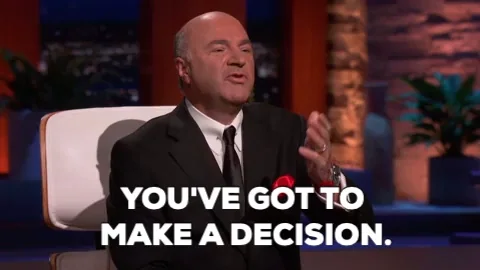
It's one of the job categories that shows a growth trend by 2030!

Human resource management is a great way to get an overall understanding of the workings of an organization.
First, discover whether you might like a career in human resources before you spend 2-5 years studying it!
Where Does HRM Fit into an Organization?
All businesses have various functions. While many tasks within these multiple functions are automated — now performed by computers or robots — most of the work is still performed by people.
Knowing about the different functions will help you:
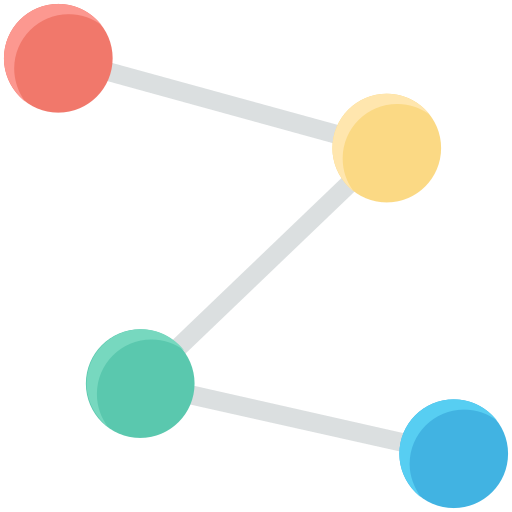
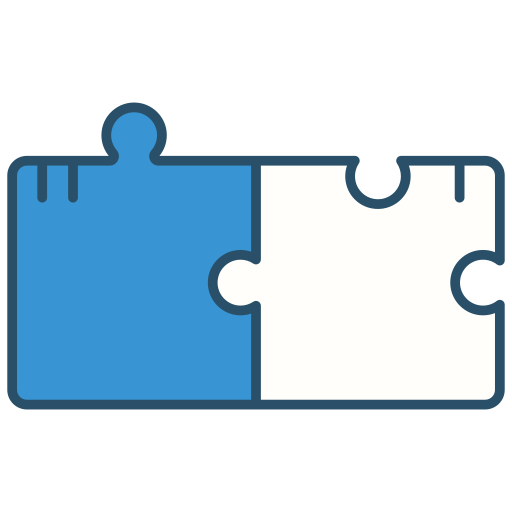
Understand how human resource management relates to the other functions of a business.
Help you decide if human resource management is the right fit for you.
Watch the video below video, which explains the purpose of each business function.
Career Paths in HR Management
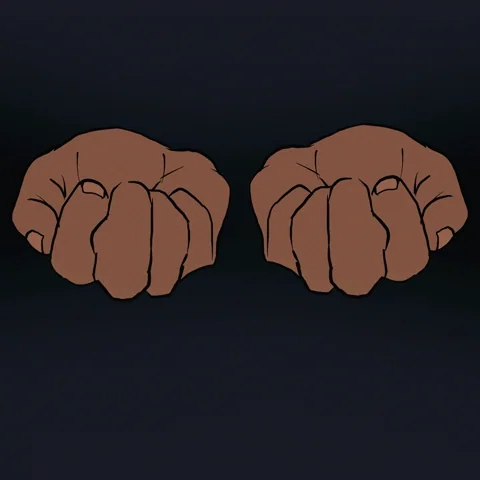
There are two main career paths you can take in human resource management:
The Generalist Path
You'll perform all or some of the tasks related to human resource management, as shown below:
Recruitment: find, screen, and hire candidates for company positions.
Payroll: process employee pay, hours, and contractor payments.
Grievance management: help employees who are being harassed by other employees or supervisors, or have any personal matters that are affecting their work.
Rewards and recognition: motivate employees who are performing well and ensure they're paid properly.
Onboarding and offboarding: manage what happens after an employee has been recruited or once they've resigned/been let go.
The Specialist Path
You'll focus on tasks in one of the above areas, but you'll gain in-depth experience in the given tasks.
Below you'll find an example of a functionally structured human resource management department. The Head of Human Resources (HR) may report directly to the Chief Executive Officer (CEO) or the Chief Corporate Officer (CCO), depending on the organization's size.
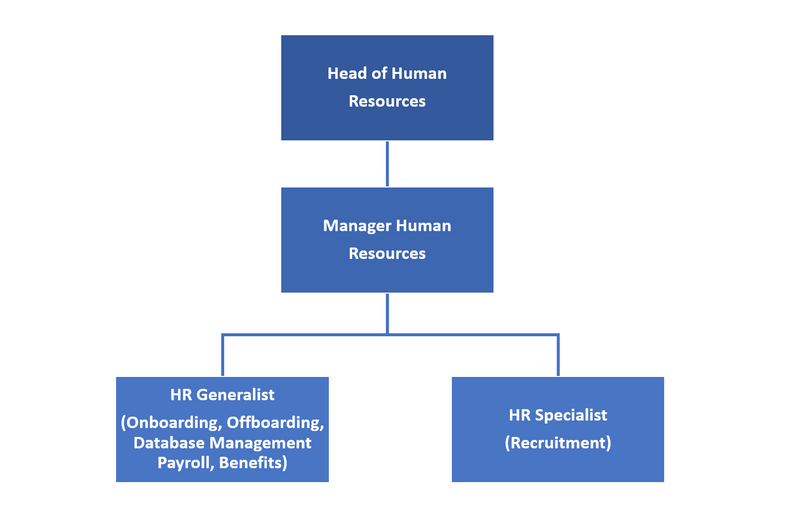
To hear an audio description of the image above, press play on the audio player below:
Are You a Good Fit for HRM?
You might like human resource management if you are:
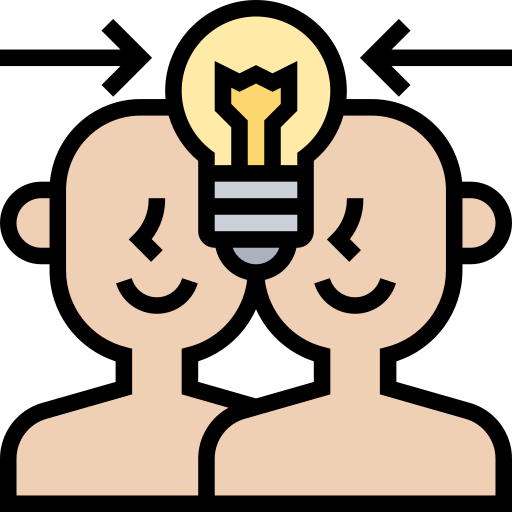
Empathetic: You can listen and understand different perspectives.
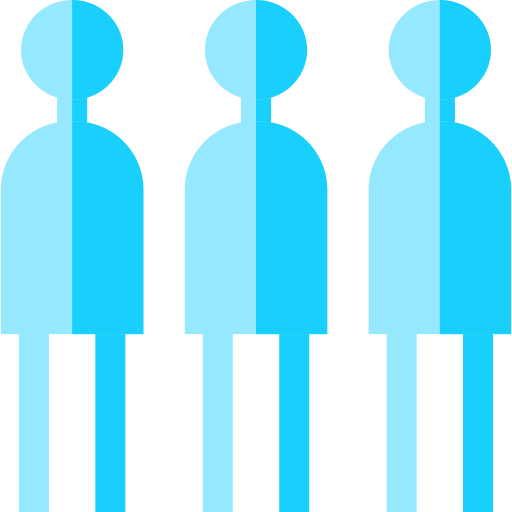
Fair-minded: You value equity and consistent treatment of people.
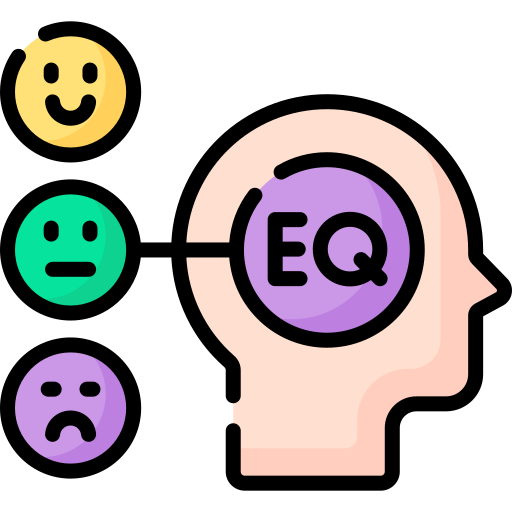
Emotionally intelligent: You stay calm when handling conflict or workplace challenges.
What You'll Study
So you've decided that you like the human resource management function!

Next, you need to decide if you want to study human resource management at a university or college.
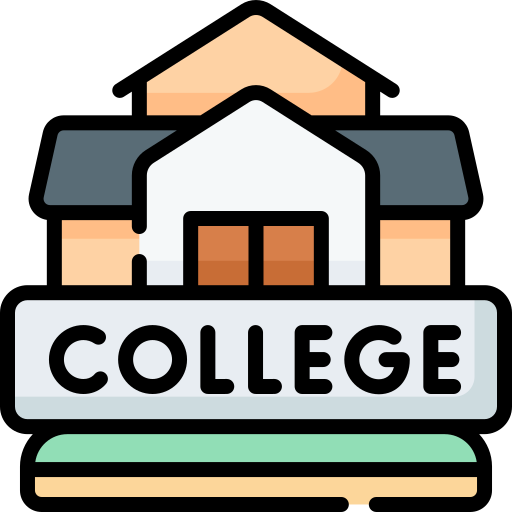
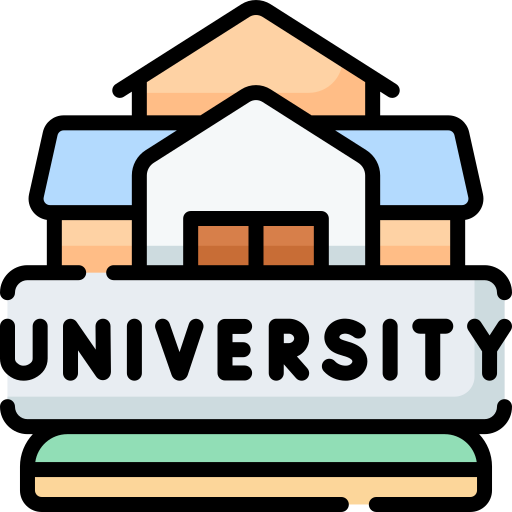
Colleges (sometimes referred to as technical schools, vocational schools, community colleges, or by other names outside the North American context) focus on the practical application of knowledge.
Universities focus on the various theories related to the subject area.
Should I focus on human resource management?
A human resource management-focused program prepares you for specialist roles in HR.
A general business management program is great if you want to start in human resource management and pivot to other business functions.
Here is what each program generally covers:
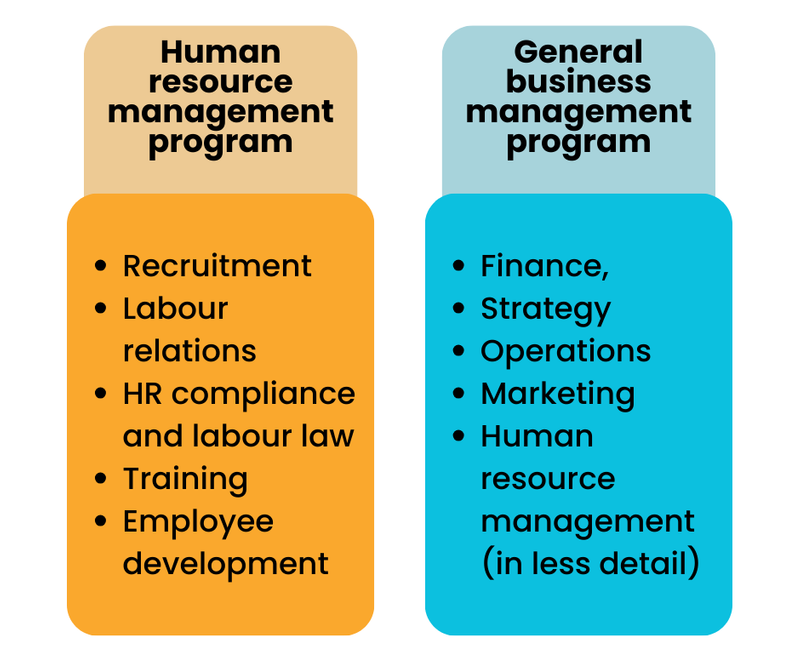 To hear an audio description of the image above, press play on the audio player below:
To hear an audio description of the image above, press play on the audio player below:
Quiz
Is this statement true of false? "Choosing a general business management program would not allow me to pursue a career in human resource management."
What to Expect During Your Program
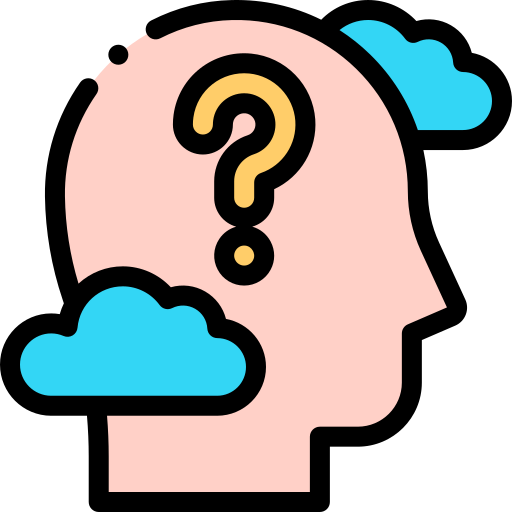
You'll learn in many different ways, like lectures on the various theories related to human resources management, working with classmates on projects, studying by yourself, and completing assignments.
Here are some of the key topics you may learn about in an introductory HRM program:
Human motivation: what motivates human beings, including Maslow's Hierarchy of Needs.
Management theory: what prompted management as we know it today, including the origins of scientific management made popular by Frederick Taylor.
Adult learning: key theories related to how adults learn, and how to design and deliver training and development programs.
After you finish your first few semesters or terms, you might have the chance to do a practical part of your course (sometimes called a co-op or practicum) where you get to work in your school's or an external organization's HR department.
How to Prepare for an HR Management Program

Reach out to your friends and family who have taken human resource management programs and discuss your motivations for taking a human resource management program.
Research program costs, as these can vary greatly between the type of program you decide to take. There are also lots of scholarships available. Here is a resource to get you started!
Take Action

Here's what you should do next!
Your feedback matters to us.
This Byte helped me better understand the topic.
